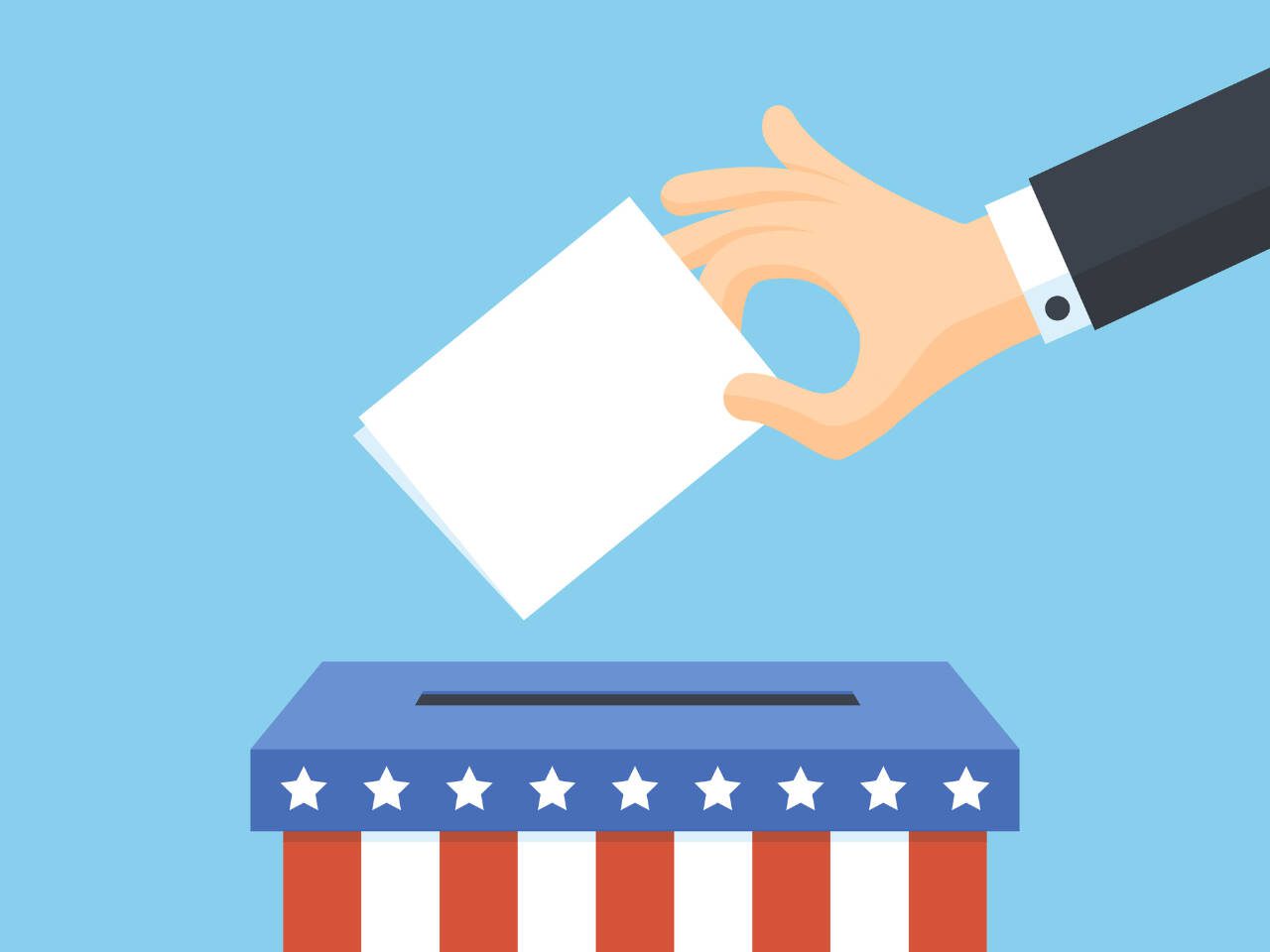By The Herald Editorial Board
In terms of voter turnout, 2023 — an odd-year election with no statewide or national races and no statewide ballot initiative — is expected to draw a similar percentage of voters as was seen in 2019, when nearly 43 percent of the county’s voters returned their ballots.
As of Monday afternoon, about 18 percent of the 512,822 ballots in Snohomish County had been returned, according to the Snohomish County elections office. With ballots accepted until 8 tonight at county drop boxes and those mailed and postmarked by today’s deadline, more ballots will increase those turnout figures in the coming days.
Garth Fell, Snohomish County auditor, whose responsibilities include the county elections office, said ballot turnout at this point has been comparable to the rates seen in 2019, which were a few percentage points better than in 2021, the last local election year, when turnout was short of 36 percent.
Compare that to recent even-year elections, such as 2020’s presidential election, when nearly 86 percent of county voters returned ballots and last year’s 63 percent turnout rate, which was a decline from 2018’s nearly 71 percent ballot return rate.
For those who have a pretty good record of voting but wait until Election Day, here’s your reminder to mark and return your ballot.
Ballots can be mailed or placed in one of several county election office drop boxes before 8 p.m. tonight. A list of locations for official drop boxes is available at tinyurl.com/SnoCoElexBox. More information on voting, registering to vote and the primary and general elections is available at tinyurl.com/ElexSnoCo.
For those who hadn’t intended to vote, here’s the invitation to reconsider.
The reasons for not voting routinely fall into three basic justifications: lack of information, dissatisfaction with the candidates running and a belief that voting only contributes to a corrupt system, says Scott Davidson, a professor of social and political philosophy at West Virginia University, in a commentary he wrote last year for The Conversation.
None hold up to scrutiny, he says.
Regarding the first excuse, there is plenty of reliable and helpful information available, in print, online and in person, though you do have to practice some discernment to weed out misinformation.
Voters are directed to their local voters pamphlet and the online versions at tinyurl.com/SnoCoVoterGuide23 and tinyurl.com/SnoCoJudges23, the state’s online voters guide at www.vote.wa.gov and a series of recorded candidate forums available at the website of the Snohomish County League of Women Voters at lwvsnoho.org/candidate_forums.
And voters can consult detailed coverage in The Daily Herald, including candidate profiles, campaign and election news at www.heraldnet.com/tag/elections/. And The Herald editorial board’s full endorsement editorials for each race can be found online at www.heraldnet.com/tag/editorials/.
As for those complaining about the choices between candidates, Davidson notes that voters often have to choose between two good options or two bad options; even if you can’t choose in one race, there are other races where you should be able to vote for your preferences.
Nor does Davidson see much merit to claiming voting doesn’t matter because the “system” is corrupt. No doubt, the nation’s representative democracy could use some work, but the U.S. remains a democracy, nevertheless, he writes. And voter participation still is the best way of maintaining that democracy.
Perhaps the most important reason to vote, particularly in these odd-year local elections, is the part you can play in outcomes that are just as important as, if not more so than, state and national elections. There are almost certainly some local races that directly influence almost all residents in the county. A sampling of the races on your ballot and their significance in our daily lives: Mayors and city councils set priorities, policies, budgets and local taxes, as do the county executive and county council. School boards represent the community’s wishes in education. Port boards direct districts with significant economic considerations. Fire district commissioners balance concerns for fire and medical service and the taxes that support them. The sheriff leads the county’s law enforcement agency and its jail. The auditor is responsible for, among other duties, ensuring that elections are well-run and accurate. The assessor oversees a staff that determines the value of property, which affects your property taxes.
These are all offices that often have more direct impact on the decisions related to daily life in your community than state and national races.
Not voting means you’ve left those decisions to the less than half of registered voters who do return their ballots for those local elections.
Talk to us
> Give us your news tips.
> Send us a letter to the editor.
> More Herald contact information.

























